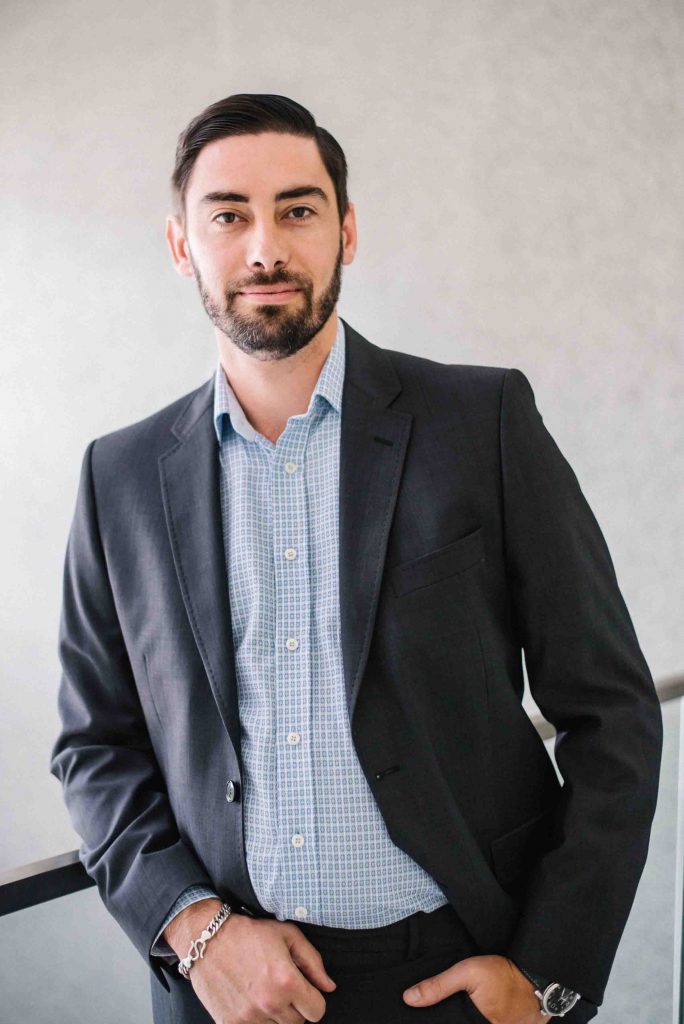Many countries across the world but specifically in Africa are diversifying from traditional sources of income and entrepreneurship is increasingly seen as a key to economic growth. Pretoria-based IT Group, Osidon, says entrepreneurship is a
“necessity” at a time of high unemployment. Chief Executive Officer, Hennie Ferreira.
“Entrepreneurship is seen as one of the most sustainable job generation tools in South Africa as well as the rest of the continent. When unemployment is high and the economy is weaker, people are forced to start small businesses to provide for themselves and their families.”

However, during an economic recession or downturn, small businesses are often hit the hardest. Ferreira says during these conditions, consumers will continue to have their earning power eroded and will spend less.
“A recession, which brings with it flailing consumer confidence and declining disposable incomes, is likely the toughest of challenges a small-to-medium enterprise will ever face.’ he says.
Earlier this month, international ratings agency, Moody’s, lowered South Africa’s GDP growth prospects for 2019, cutting it to 1.0% from a forecast of 1.3% previously. This comes amid suggestions that South Africa could move into another recession. In his State of the Nation Address on Thursday night, 20 June, President Cyril Ramaposa announced a 7 tier plan to amongst others, revive the economy and create jobs. He promised the creation of 155,000 jobs in the next five years based on the private sector’s commitment to invest R840 billion in 43 projects across 19 sectors. Ferreira says many companies are struggling due to the current economic climate.
‘A recession or downturn is especially tough on small and medium enterprises. They struggle with issues such as reduced cash flow, loss of demand if customers reduce their purchase amounts and marketing constraints. At the moment many companies are closing down and in some instances, staff is being retrenched as part of measures to weather the storm,’ he explains.
Ferreira has tabled a number of strategies small and medium businesses can follow to weather the economic storm:
- Back to Basics: when an economic crisis is looming, business should maintain a ‘back to basics’ approach. By implementing business basics SMME’s will not only survive but flourish. The first step might sound like a cliché but it is full proof. You need to distinguish yourself from your competitors and the way you stand out from the crowd is through value add. You need to determine how you can add more value to your service offering and customer service. This will attract far more clientele than spending time on a fancy logo or office space.
- Focus on Sales: Business people are sometimes too focussed on branding and marketing and they fail to pay enough attention on the sales aspect of the company. The fact is, you can have the best product in the world but if you are not selling it, there is no revenue and you don’t have a business. If you have the worst product in the world but you are selling it, then you are still generating revenue. If you are still fine tuning your product, you will be able to generate sales that you can use to improve your service offering. There needs to be a definite sales strategy in place.
- Do not stagnate: A feature of a flourishing business is the fact that they are growing. During an economic crisis the growth will be slower but there will be systematic progress. It is therefore important not to remain in your comfort zone, you need to actively ensure that your business grows with continuous momentum. Continuous improvement is a mind-set and needs to filter through the entire structure of the company. Being able to adapt to changing circumstances is critical. We live in a society where technology is infiltrating all areas of society including business. If you don’t adapt or adjust to the ever changing environment and customer demands, you will run into further challenges. Take time to analyse changes such as technology and how it impacts your business so that you can adapt and thrive.
Ferreira established his own company, Osidon, in 2017, however he has been an entrepreneur for almost two decades. Osidon has recently launched the world’s first online digital accountant, revolutionising the accounting industry, by pushing the boundaries and rethinking traditional methods at a third of the industry price.

